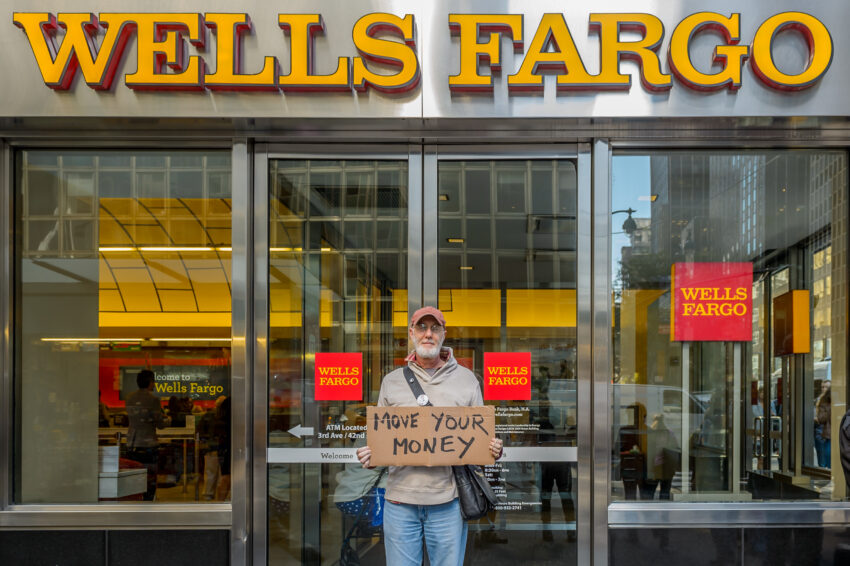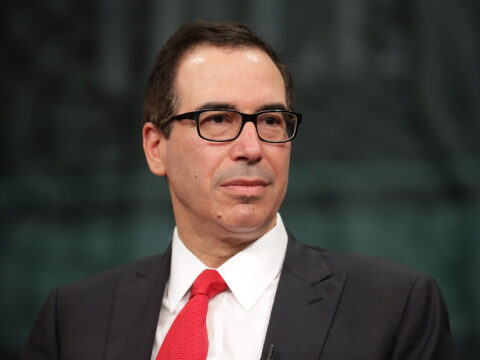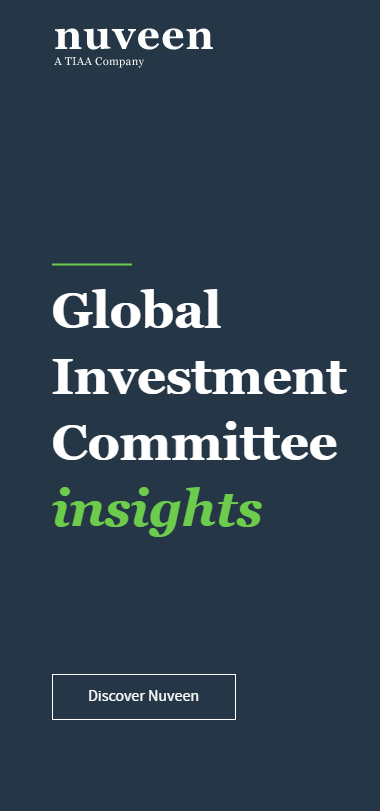
May 7, 2020 – When making controversial decisions, politicians have learned that the best strategy is stealth.
On April 3 2019, American Banker reported:
California Treasurer Fiona Ma in mid-February quietly removed sanctions put in place by her predecessor that kept the bank from underwriting the state’s bonds and barred California from investing in Wells Fargo’s debt. In 2016, then-Treasurer John Chiang approved the steps to punish the San Francisco-based bank after it admitted that employees opened bogus accounts in customers’ names to meet sales goals.
At the time, many small businesses and anti-Wells activists were enraged by California’s decision. In a stinging rebuke entitled “Now Is Not The Time To Ease Sanctions On Wells Fargo”, California Reinvest Coalition’s Executive Director Paulina Gonzalez-Brito said:
We believe that elected leaders should hold Wall Street accountable when big banks harm our communities. There is ample evidence that Wells Fargo’s corporate culture remains steeped in abusive practices that harm low-income families.
Eight months after the California ban was lifted, Wells Fargo Securities underwrote its first California bond deal in January 2020, earning an estimated $3 million for placing 1 billion worth of State Public Works Board bonds to mostly individual investors clamoring for tax shelters.
That California deal, among others, helped propel Wells up the underwriting league tables, where it placed #8 among the nation’s leading public finance houses, ahead of Goldman Sachs.
Despite some progress, Wells Fargo continues to be under the Federal Reserve asset cap (fixed at roughly $2 trillion based on the 2017 year-end), imposed in February 2018 in view of the bank’s many violations.
In December 2019, the bank agreed to pay the City of Philadelphia $10 million to settle a federal lawsuit that alleged that the bank discriminated against minority borrowers.
Amid the COVID-19 chaos, the bank saw an opportunity to appeal the asset cap by arguing that it couldn’t participate in the Federal Reserve’s Paycheck Protection Program (PPP) and a to-be-announced Main Street lending program. The Federal Reserve responded enthusiastically, allowing Wells to carve out PPP loans from the asset cap but mandating the bank returned all profits to the Fed or approved non-profit.
In its May 5 SEC disclosure, Wells disclosed that the company was “has also received formal and informal inquiries from federal and state governmental agencies regarding its offering of PPP loans”.
As the U.S. economy braces itself for years of stagnation, governmental officials who place retirement assets, issue municipal bonds and purchase investment contracts may not have the luxury to shun Wells Fargo – once Wall Street’s favourite bank and still a juggernaut alongside JPMorgan and Bank of America – and increasingly find themselves in a moral conundrum: stand their moral ground – or look the other way?
Contact Jumanne Johnson at JJohnson@buymuni.com,



